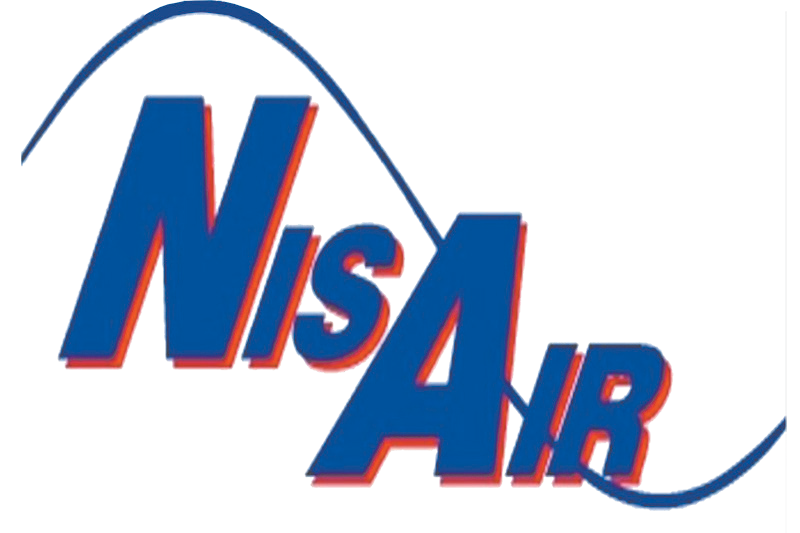4 Ways to Know if Your A/C is Having Problems
Detecting problems in your air conditioning system early can help save you an expensive repair bill later. But how do you know if your A/C is having problems? Here are four signals that your A/C is having problems.
- No Longer Cooling: Your cooling system is having problems if it’s no longer blowing cold air. You could have a major problem like a compressor failure, or it could be a simple maintenance issue. You may need to change the air filter, clean the coils or have the coolant in the system recharged. If you notice that the air coming out of the vents isn’t as cold as it was and is getting progressively warmer, you may have a refrigerant leak.
- Making Funny Noises: Some noises could be a result of an aging system, but there are noises that could indicate your A/C is having problems. If you hear a constant clicking sound, this could mean a relay has failed and should be replaced. When the fan is rotating, if you hear a high-pitched squeaking sound, your compressor may be failing. If you hear a rattling sound, you could have a damaged compressor fan. You’ll need to call a licensed technician.
- Increased Cooling Costs: If your kilowatt charge remains the same, but your cooling costs are increasing, your A/C is having problems. It’s becoming less efficient and may be at the end of its useful service life if it’s an older system. If you have a newer A/C, the wiring could be faulty, have failed or failing capacitors, or the coils are not getting enough airflow.
- Inside Unit is Leaking Water: Finding water under the evaporator coil could mean the unit has low refrigerant, which could cause the inside unit to freeze. When it thaws, you get a puddle of water. There could also be a clog in the drain line. If not addressed, this may cause water damage.
For more maintenance and energy saving tips, please contact our experts at NisAir Air Conditioning and Heating. We are a family-owned business serving Indian River, Palm Beach and Martin counties.

